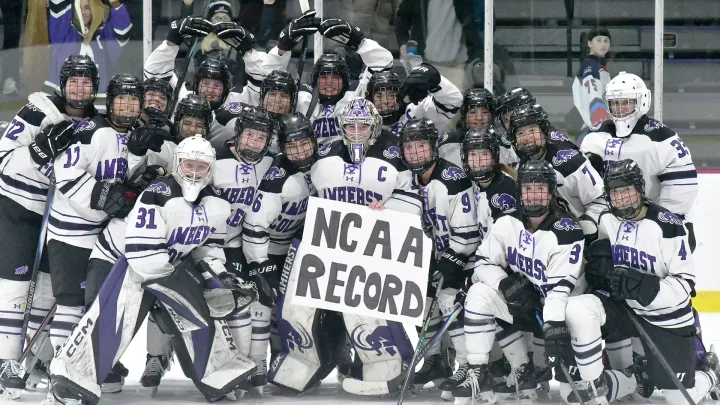Racist Speech Overshadows U.S. Soccer’s Repeal of Policy That Forbids Kneeling
On Feb. 27, U.S. Soccer’s National Council officially repealed Policy 604-1 which forbade players from kneeling during the national anthem. U.S. Soccer enacted the policy in 2017 in direct response to star forward Megan Rapinoe kneeling prior to a 2016 game against Cambodia in solidarity with Colin Kaepernick, joining his fight to bring awareness to the systemic oppression of Black people in America. The policy stated that “all persons representing a Federation national team shall stand respectfully during the playing of national anthems at any event in which the Federation is represented.”
Seventy-one percent of the National Council voted to repeal the policy. Hundreds of voters across the country comprise the National Council, representing soccer stakeholders at the youth, adult, amateur, professional and international levels. Of the nearly 30 percent of members who voted to keep the policy, one member, Seth Jahn, went on a seven-minute racist tirade against the decision to repeal 604-1.
Jahn, a former captain of the seven-a-side U.S. national team, started his speech by saying that he might “ruffle some feathers.” He proceeded to share that he “felt compelled to articulate that [he] is of mixed race and represents undoubtedly the most persecuted people in our nation’s history: Native Americans. More specifically, the Aniwaya clan of the Cherokee Nation …and [his] resolute belief after countless examples in [his] life is [his] voice holds less relevance when [he] identities with [his] Caucasian side than it does when [he] identifies with [his] native side over these issues.”
He went on to claim that the frequency of police brutality was a “statistical anomaly.” Jahn recalled his own experience working as a police officer where he “never saw a hint of police brutality.” He continued by minimizing the history of American chattel slavery, asserting that the idea that the country was built on the back of Black slaves is false. Jahn argued that politicizing sports is the last thing anyone wants, especially as the people on the playing field are extremely privileged.
President of the Federation Cindy Parlow Cone followed Jahn’s speech, urging the repeal of the policy, but also defended the decision to allow Jahn to give his speech. She explained: “If we’re truly going to embrace DEI (Diversity, Equity & Inclusion), it can’t just be when you agree or when you’re comfortable with it.” Later in an interview, she backtracked, stating that she did not exactly hear his comments live and that there is “no place for racist comments.”
The National Council ultimately voted to remove Jahn effective immediately for violating the Federation’s policy prohibiting harassment based on protected status. Newly minted U.S. Women’s National Soccer Team (USWNT) captain Becky Sauerbrunn, who followed up Jahn’s speech tweeting she was “outraged” by his comments released a statement on behalf of the Council. The statement unequivocally condemned Jahn’s comments at the meeting and similar comments he has made in the past.
Before the USWNT’s most recent game in the SHE Believes Cup against Argentina, all of the players stood for the anthem. Star left-winger and one of the founding members of the Black Women’s Player Collective, Crystal Dunn explained “I think those that were collectively kneeling felt like we were kneeling to bring about attention to police brutality and systemic racism.” Dunn emphasized “I think we decided that moving forward we no longer feel the need to kneel because we are doing the work behind the scenes. We are combating systemic racism.”
While Dunn and Sauerbrunn lead the USWNT in the fight to dismantle systemic racism, they continue the charge for equal pay, after a setback in their lawsuit against U.S. Soccer last May. Players and stakeholders around the game continue to emphasize the work U.S. Soccer must undertake to create an equitable and just playing field.




Comments ()